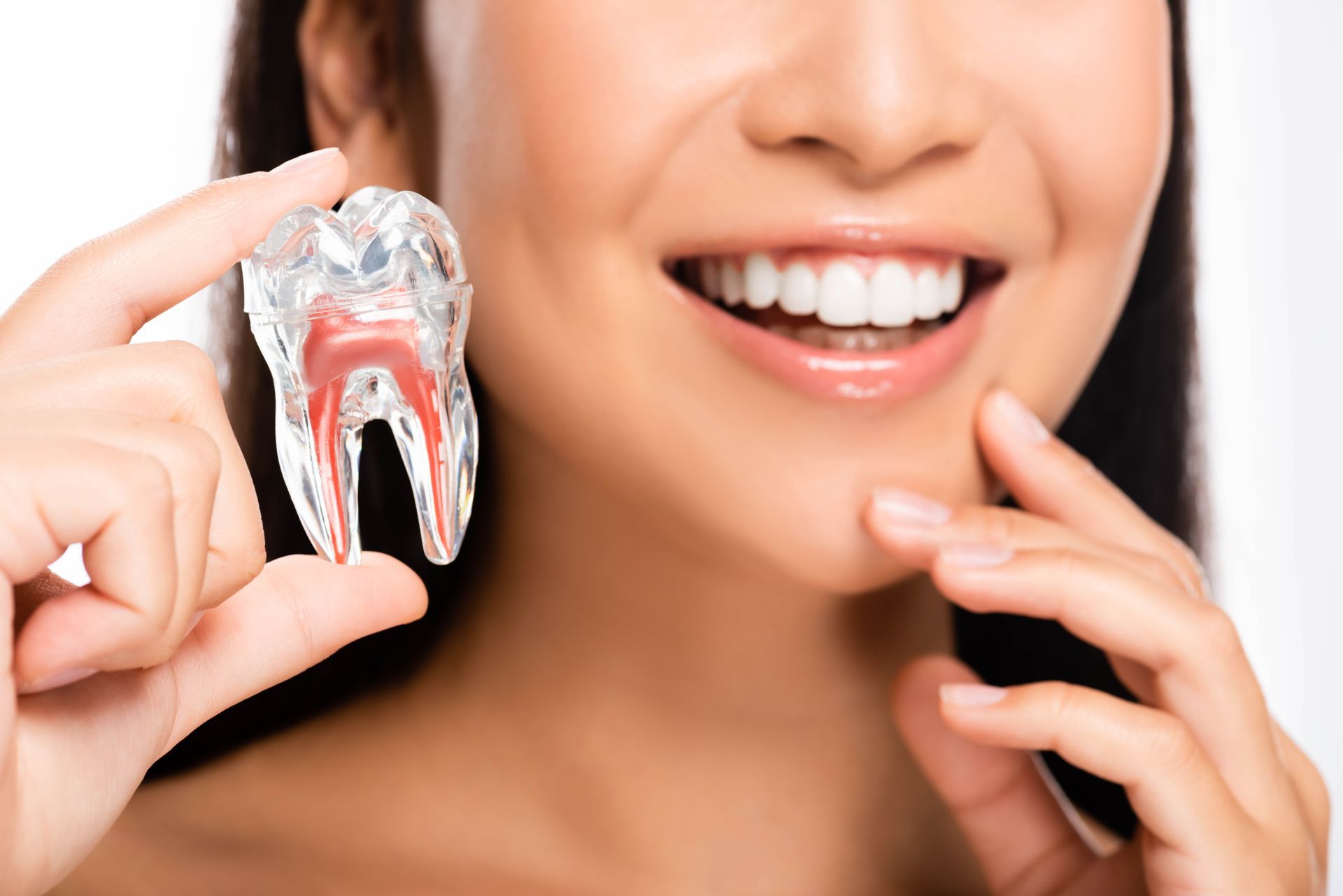Can I Whiten My Teeth With Cavities? Understanding Teeth Whitening Treatments

Tooth decay and teeth whitening treatments simply do not mix, and untreated teeth whitening cavities can lead to further complications. The bleaching agents used for the treatment weaken enamel. That can lead to discomfort and damage to teeth structures if the patient has existing issues like cavities. If the patient’s teeth are healthy, the procedure only leads to temporary increased teeth sensitivity that should go away within a few days. Teeth whitening treatments have gained a lot of popularity in recent years due to how drastically they can enhance the way a person’s smile looks.
Understanding Tooth Decay and Its Impact on Teeth Whitening
Tooth decay, also known as dental caries, is a bacterial infection that leads to the demineralization of tooth enamel, resulting in cavities. When tooth decay is present, it can significantly impact the effectiveness and safety of teeth whitening treatments. The decayed tooth structure is more susceptible to sensitivity and pain during the whitening process. Bleaching agents, such as hydrogen peroxide, can penetrate the decayed areas and reach the tooth’s pulp, causing further irritation and discomfort. Additionally, the presence of tooth decay can make it more challenging to achieve an even and aesthetically pleasing whitening result.
Exploring Why Teeth Whitening Treatments Should Not Be Performed on Decayed Teeth
Teeth whitening procedures are done using compounds with bleaching properties like hydrogen peroxide and hydrogen carbamide. These chemicals penetrate past enamel into the dentin, removing stains from deep within teeth and their exterior. The process puts a lot of strain on the outer protective layer of teeth known as the enamel and the result is often increased teeth sensitivity that subsides in a couple of days.
When a tooth has already been damaged, the bleaching agent used for teeth whitening procedures can get into the tooth’s pulp, leading to irritation, pain, and discomfort. In some cases, permanent damage might be done to teeth structures.
Risks of Teeth Whitening with Tooth Decay
Undergoing teeth whitening treatments when you have tooth decay can pose several risks. The bleaching agents used in these treatments can penetrate the decayed tooth structure, reaching the pulp and causing irritation, inflammation, and increased sensitivity. This can lead to significant pain and discomfort during and after the whitening process. Moreover, decayed teeth are more prone to cracking or breaking under the strain of the whitening treatment, potentially leading to more extensive and costly dental repairs. To minimize these risks, it is crucial to address any tooth decay before considering teeth whitening treatments.
Treating Cavities Before Teeth Whitening
Treating cavities before undergoing teeth whitening is essential to ensure both the safety and effectiveness of the whitening treatment. Cavities can be addressed through various restorative procedures, such as dental fillings or root canal therapy, depending on the severity of the decay. Once the cavities are treated, professional teeth whitening treatments or at-home whitening products can be used to achieve a brighter smile. Consulting with a dentist will help determine the best course of treatment for your specific needs, ensuring that your teeth are healthy and ready for whitening.
The Solution
Dentists usually recommend fixing tooth decay with a dental filling before proceeding with whitening treatments. Options that might be recommended to patients with decayed teeth who are interested in whitening treatments include:
- Fillings: Silver amalgam fillings are the traditional way of addressing tooth decay and they remain the most affordable option. However, this approach is not the most aesthetically pleasing and the patient might end up with pearly white teeth with dark spots on their biting surfaces.
- Composite bonding: This is typically a more appropriate way to fill up cavities and other damage caused by tooth decay. The composite can be color-matched with the shade of white being targeted for their teeth whitening treatment, so it does not ruin the way the person’s smile looks.
- Cosmetic restorations: A dentist might recommend dental crowns and other restorations like onlays and inlays when there is severe damage to the patient’s teeth. Whitening treatments have no effect on restorations like crowns so dentists often prefer to install them after whitening their patients’ teeth. A temporary solution like fillings can be used to protect the patient’s teeth for the whitening procedure.
Once all existing dental issues the patient is dealing with have been addressed, preparations can begin for the patient’s teeth whitening treatment. Customized mouth trays are typically used for professional whitening treatments, so an impression of the patient’s mouth is taken. This can be done by having the person bite into a mold or by making a model of their teeth with digital images. The mold or data is sent to a lab that makes mouth trays. It should be ready in two weeks so the patient can start their whitening treatments.
Explore Teeth Whitening
Teeth whitening treatments can make your teeth whiter than they ever have been. Call or stop by our Tucson clinic to learn more about the process. Proper care is essential to maintain your newly whitened teeth and ensure long-lasting results.
Alternatives to Teeth Whitening for Those with Cavities
For individuals with cavities, there are alternative options to teeth whitening that can enhance the appearance of their teeth. Dental bonding, veneers, and crowns are excellent alternatives that can conceal cavities and improve the overall look of your smile. Dental fillings can also be used to repair cavities and restore the tooth’s natural shape and function. Consulting with a dentist will help you explore these alternatives and determine the best option for your specific dental needs, ensuring a beautiful and healthy smile without the risks associated with whitening decayed teeth.
Contact a Dentist for Professional Advice
If you have cavities and are considering teeth whitening, it is essential to seek professional advice from a dentist. A dentist can evaluate your oral health, address any existing dental issues, and determine the best course of treatment for your specific needs. They can also provide guidance on maintaining healthy teeth and preventing future cavities. By consulting with a dentist, you can ensure that your teeth are strong and healthy enough to withstand teeth whitening treatments, ultimately achieving a brighter and healthier smile.








